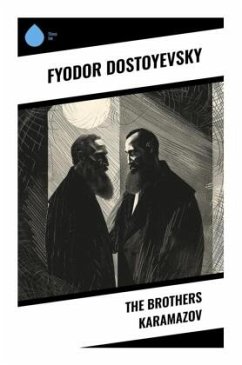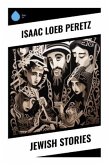In 'The Brothers Karamazov,' Fyodor Dostoyevsky crafts a profound narrative that delves into the complexities of faith, morality, and human psychology. The novel unfolds through the lives of the Karamazov brothers-Dmitri, Ivan, and Alyosha-as they grapple with their father's morally ambiguous legacy and the existential dilemmas of their own beliefs and desires. Dostoyevsky employs a rich, psychologically nuanced prose that intertwines philosophical discourse with intimate character exploration, reflecting the tumultuous socio-political landscape of 19th-century Russia. This literary masterpiece is often hailed as one of the greatest achievements in world literature, embodying the intricate dance between rationalism and faith amidst the existential struggles of its characters. Fyodor Dostoyevsky, often regarded as the father of existential literature, was deeply influenced by his own turbulent life experiences, including imprisonment and exile in Siberia. These events profoundly shaped his worldview, as he grappled with themes of suffering, redemption, and the duality of human nature. Dostoyevsky's engagement with philosophical and theological ideas, particularly through the lens of Orthodox Christianity, provides the groundwork for the moral inquiries that permeate 'The Brothers Karamazov.' This novel is a compelling exploration of the human condition and is highly recommended for readers seeking to understand the intricacies of moral philosophy and familial love. Its multifaceted characters and thought-provoking themes invite reflection and dialogue, making it an essential reading for anyone interested in the deeper questions of life and existence.
Bitte wählen Sie Ihr Anliegen aus.
Rechnungen
Retourenschein anfordern
Bestellstatus
Storno








